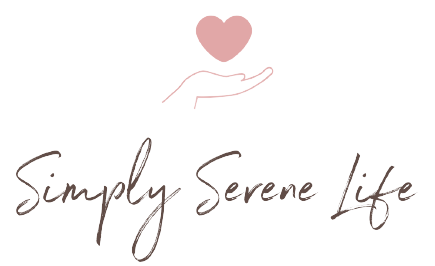It’s a common saying that “your own advice is the hardest pill to swallow,” and for a good reason. We often find ourselves in situations where we know what to do but struggle to follow through. This can be especially frustrating, as we feel like we should have more control over our actions and decisions.
One reason why it’s so difficult to take our advice is that we’re often biased when it comes to our problems. We may have a tendency to downplay our own mistakes or overemphasize the mistakes of others, which can lead us to make decisions that aren’t in our best interest. We may also have blind spots or be resistant to change, which can make it hard to take our own advice when it means admitting that we need to do something differently.
Another factor that makes it hard to take our advice is that we’re often emotionally invested. When we’re in the middle of a problem or a difficult decision, it can be hard to see the bigger picture or think objectively. We may be too close to the situation to make a rational decision or too caught up in our feelings to make a decision that’s truly in our best interest.
So how can we overcome this challenge and start taking our own advice? One approach is to take a step back from the situation and look at it objectively. This might involve asking for input from others who are not emotionally invested in the situation or taking time to reflect on the problem from a distance. It can also be helpful to practice mindfulness or meditation, which can help us to develop greater awareness of our thoughts and feelings.
Another strategy is to focus on taking small steps toward our goals rather than trying to make significant changes all at once. This can help us to build momentum and confidence and make it easier to stay committed to our goals over the long term. It can also be helpful to reward ourselves for our progress along the way, which can help to motivate us and keep us on track.
Ultimately, being honest about our biases and limitations is the key to taking our advice. We must be willing to acknowledge our mistakes and be open to learning from them rather than getting defensive or making excuses. With practice and patience, we can learn to take our advice and make better decisions for ourselves and those around us.

